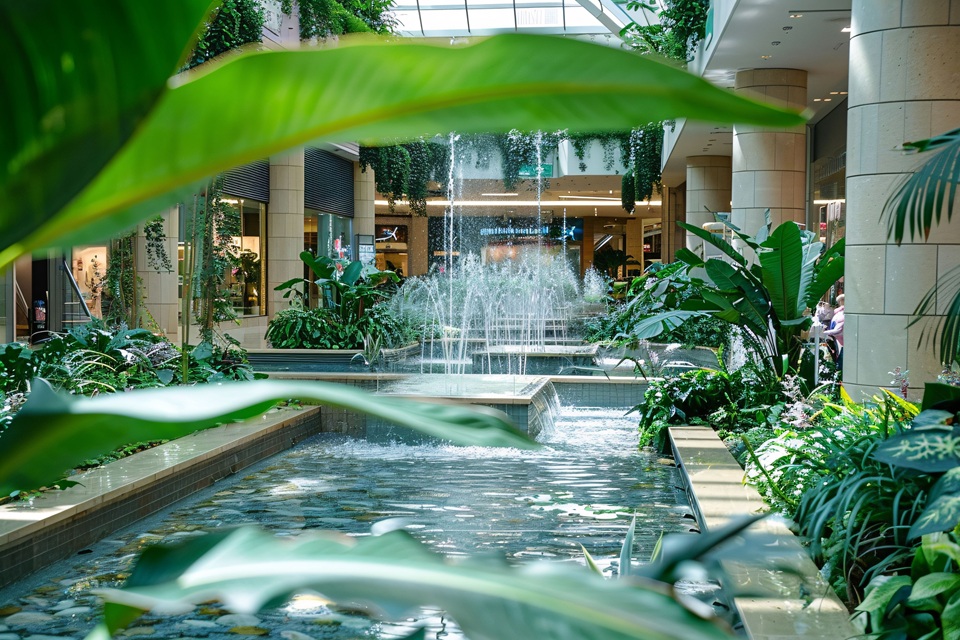In recent years, sustainable water management has become a pivotal aspect of landscaping design and maintenance. With climate change affecting precipitation patterns and increasing the frequency of droughts in many regions, effective water management strategies are essential to ensure the health of landscapes while conserving precious water resources.
Table of Contents
Understanding The Importance Of Water Management
Water is a critical component of any landscape. Plants depend on it for growth, soil health, and the overall ecosystem balance. However, improper water management can lead to waste, increased costs, and environmental degradation. By implementing strategic water management practices, landscapers can create beautiful, sustainable spaces that thrive without over-relying on local water supplies.
Efficient Irrigation Systems
One of the fundamental strategies in water management is the use of efficient irrigation systems. Technologies such as drip irrigation, smart controllers, and moisture sensors can significantly reduce water use by delivering the right amount of water at the right time. Drip irrigation systems, for instance, deliver water directly to the root zone of plants, minimizing evaporation and runoff.
Soil Management & Mulching
Healthy soil is crucial for effective water management. Soil that is rich in organic matter retains moisture better and supports healthy plant growth. Mulching is another excellent practice that helps in retaining soil moisture. By covering the soil with organic or inorganic materials, mulching reduces evaporation, suppresses weeds, and moderates soil temperature.
Plant Selection & Design
Choosing the right plants is key to sustainable landscaping. Native and drought-resistant plants are well-adapted to local climates and require less water. Grouping plants with similar water needs together (known as hydrozoning) can also optimize water use. This method ensures that plants receive the appropriate amount of water, reducing waste.
Rainwater Harvesting
Rainwater harvesting is an increasingly popular water management strategy. By collecting and storing rainwater from rooftops or other surfaces, property owners can use it to irrigate landscapes during dry periods. This not only conserves municipal water but also reduces runoff and erosion.
Incorporating Hardscapes
Hardscapes, such as patios, walkways, and retaining walls, play a vital role in water management. They can be designed to direct water flow, reduce runoff, and minimize erosion. In urban areas like Huntsville, incorporating Hardscapes in Huntsville into landscape designs can help manage stormwater effectively and create functional outdoor living spaces.
Conclusion
By implementing these water management strategies, landscapers and property owners can create sustainable landscapes that are both beautiful and environmentally friendly. Efficient water use not only preserves local water resources but also ensures that landscapes remain vibrant and healthy throughout the year. As we continue to face the challenges of climate change, embracing these practices will be crucial for the future of landscaping.


